There are many business loan options available to businesses wishing to borrow money, whether it’s a small amount or a much larger sum. Essentially, they all work on the basis that the lender advances a sum of money to the business. Then, over a defined repayment term, the business repays the sum lent, plus an additional amount in interest and/or fees.
Here, we will look in more detail at the various types of business loans, and how each individual product works.
An unsecured loan is perhaps the simplest form of business finance. You might borrow anything from a few thousand to a few million pounds. You then repay the sum borrowed, plus interest, in monthly or quarterly instalments over the full term of the loan. The interest rate might be somewhere between 3% and 10%, and the loan might typically last for between 3 and 36 months.
Secured loan / commercial mortgage
The basic method of repayment here is the same as for an unsecured loan, in that you repay the amount borrowed plus interest in regular instalments.
The principal difference, however, is that the loan will be secured on property or another suitable asset, allowing the lender to repossess the asset if you fail to maintain repayments.
Secured loans often have lower interest rates and longer repayment terms than unsecured loans, and they are often used to borrow larger amounts. Depending on your circumstances, you might be able to borrow as much as £20 million and repay the loan over a term of up to 25 years.
If you primarily sell your products and services to retail customers, who then pay using a debit or credit card, then this could be a useful method of obtaining up to £150,000 in funding.
Once again, the lender advances the loan amount to you. However, instead of repaying this sum in regular monthly repayments, the repayments are collected automatically every time a customer pays using a debit or credit card.
As with all other forms of borrowing, you have to repay more than the original loan amount. However, instead of an interest rate, these arrangements have a ‘factor rate’. For example, if a lender offers a merchant cash advance with a factor rate of 1.3, then the total amount you repay will be 130% of the amount borrowed.
To collect these repayments, a lender might typically take 20% of each transaction amount, until the advance has been repaid. You retain the other 80% of the payment amount.
Examples of invoice finance arrangements include invoice discounting and factoring.
With invoice finance, every time you issue an invoice to a business customer, the finance provider lends you a proportion of the invoice amount; receiving 75% of the invoice value in this way is a common arrangement. Then, when your customer settles the invoice, you receive the remainder of the transaction value, less an amount taken by the provider as a fee, which might typically be 3% of the invoice amount.
With hire purchase, when you want to purchase a business asset, the lender purchases it on your behalf and leases it to you over a specified term, so that you can start using the asset immediately.
After making an initial deposit payment, which might be around 10% of the asset’s value, you then make regular repayments over the course of the lease term to cover the purchase price of the asset, plus interest. You may be asked to make a larger final payment, known as a ‘balloon payment’.
At the end of the term, with all repayments made, you become the legal owner of the asset.
Hire purchase arrangements might have repayment terms of up to six years and interest rates of up to 8%.
This involves a finance provider lending you money against the value of an asset you already own. In return for receiving the loan, you have to temporarily transfer ownership of the asset to the lender, however, you will still be able to use the asset without restriction, and, once all repayments have been made, you regain ownership of the asset.
The interest rate might be anything up to 7%, and the term could be between two and seven years, and you repay the loan amount, plus interest, in instalments over this period.
It can be difficult to know which type of business loan is right for you. FundingBay is an expert in this area, however, and can assist you in finding the right product for your particular circumstances. Get in touch with the team and use our business loan calculator to find your business’s best financial option.



